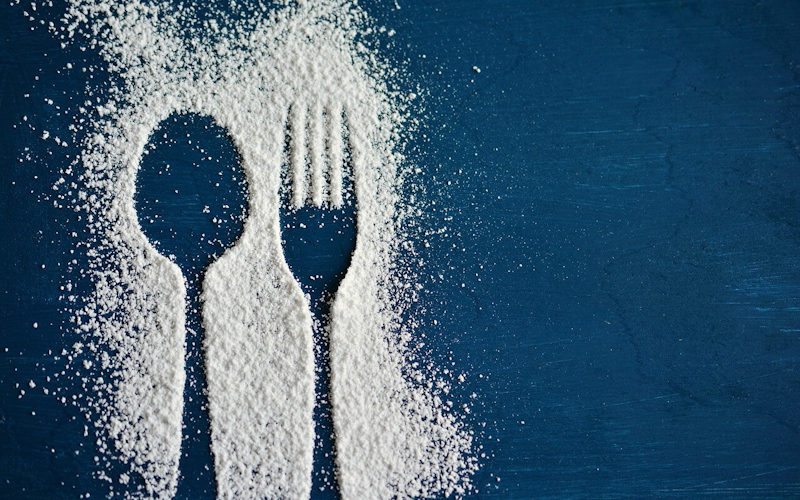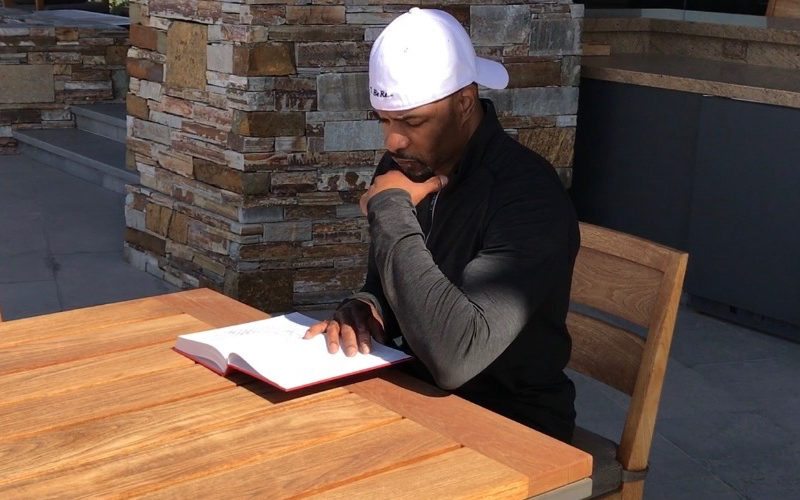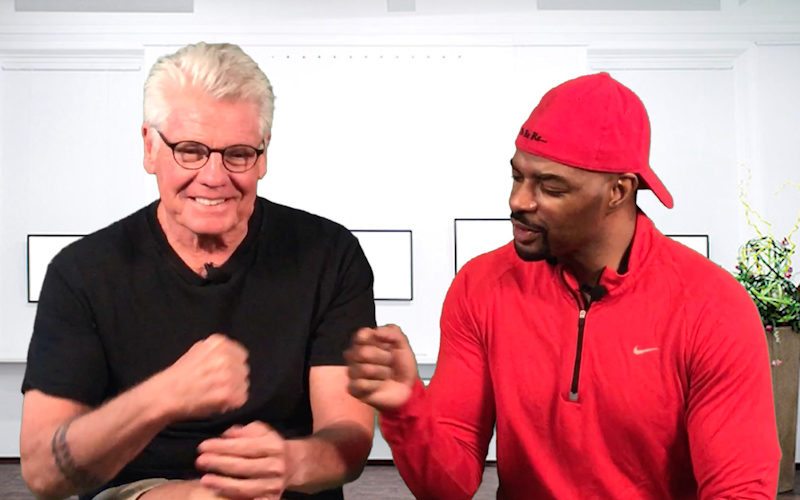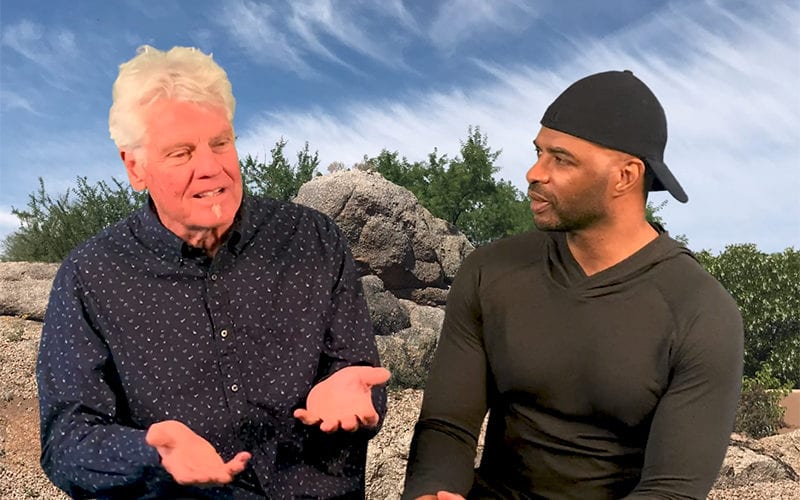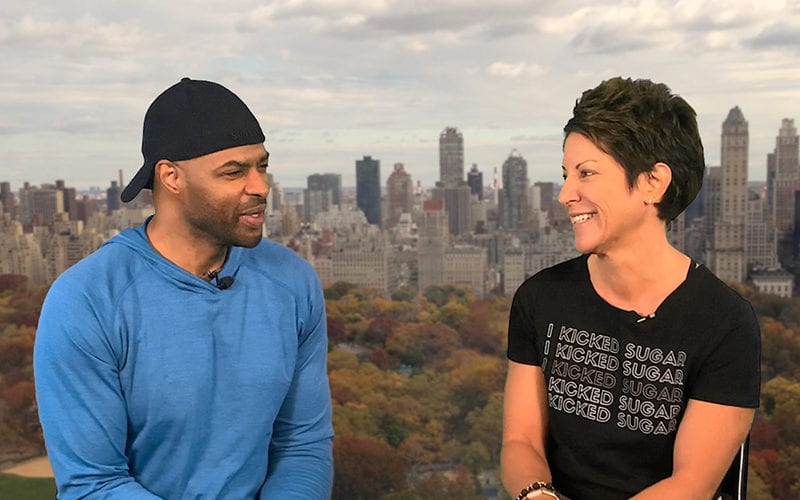Episode 28: The Hidden Costs of Not Working on Yourself
It’s easy to list all the benefits of living a healthy lifestyle and adopting a positive attitude. We also know the big risks to our physical health and emotional state for not being healthy. But what about the hidden costs of not working on yourself to be healthier, happier and more loving? Listen as the guys riff on this topic.
Keith’s References:
Wayne Dyer see www.waynedyer.com. Dyer told readers to pursue self-actualization, calling reliance on the self a guide to “religious” experience. Dyer criticized societal focus on guilt, which he saw as an unhealthy immobilization in the present due to actions taken in the past. He encouraged readers to see how parents, institutions, and even they, themselves, had imposed guilt trips upon themselves. Although Dyer initially resisted the spiritual tag, by the 1990s he had altered his message to include more components of spirituality when he wrote the book Real Magic and discussed higher consciousness in the book Your Sacred Self. He passed away at age 75.
Debbie Ford Debbie Ford, a former drug addict whose popular self-help books, including the best-selling Dark Side of the Light Chasers, and Shadow Effect, encouraged people to acknowledge their faults rather than pursue perfection. She passed away at age 57.
Rick’s References:
The Death of Ivan Ilyich (first published in 1886, is a novella by Leo Tolstoy, considered one of the masterpieces of his late fiction, written shortly after his religious conversion of the late 1870s.
The Death of Ivan Ilyich tells the story of a high-court judge, and his sufferings and death from a terminal illness in 19th-century Russia.
The mundane portrayal of Ivan’s life coupled with the dramatization of his long and grueling battle with death seems to directly reflect Tolstoy’s theories about moral living, which he largely derived during his sabbatical from personal and professional duties in 1877. In his lectures on Russian literature, Russian-born novelist and critic Vladimir Nabokov argues that, for Tolstoy, a sinful life (such as Ivan’s) is moral death. Therefore death, the return of the soul to God, is, for Tolstoy, moral life. To quote Nabokov: “The Tolstoyan formula is: Ivan lived a bad life and since the bad life is nothing but the death of the soul, then Ivan lived a living death; and since beyond death is God’s living light, then Ivan died into a new life – Life with a capital L.”
Tim Ferriss Timothy “Tim” Ferriss (born 1977) is an American author, entrepreneur and public speaker. He has written 4 self-help books on the “4-hour” theme, The 4-Hour Workweek, The 4-Hour Body, The 4-Hour Chef, and Tools of Titans; the first two were No. 1 New York Times bestsellers and the third was a No. 1 Wall Street Journal bestseller.
Gandhi Revered the world over for his nonviolent philosophy of passive resistance, Mohandas Karamchand Gandhi (born 1869) was known to his many followers as Mahatma, or “the great-souled one.” He began his activism as an Indian immigrant in South Africa in the early 1900s, and in the years following World War I became the leading figure in India’s struggle to gain independence from Great Britain. Known for his ascetic lifestyle–he often dressed only in a loincloth and shawl–and devout Hindu faith, Gandhi was imprisoned several times during his pursuit of non-cooperation, and undertook a number of hunger strikes to protest the oppression of India’s poorest classes, among other injustices. After Partition in 1947, he continued to work toward peace between Hindus and Muslims. Gandhi was shot to death in Delhi in January 1948 by a Hindu fundamentalist.
Seneca the Younger (c. 4 BC – AD 65), fully Lucius Annaeus Seneca, known simply as Seneca. Playwright and statesman, often considered a founder of Stoicism, which taught that virtue, the highest good, is based on knowledge, and that the wise live in harmony with the divine Reason (also identified with Fate and Providence) that governs nature, and are indifferent to the vicissitudes of fortune and to pleasure and pain. Reduction: “Tough it out and don’t bitch.”
John Lennon, in his song to his son “Beautiful Boy (Darling Boy).” At the end of the song, John Lennon whispers “Good night, Sean.” The lyrics of “Beautiful Boy (Darling Boy)” contain the famous Lennon quote, “Life is what happens to you while you are busy making other plans.”
Load Comments







